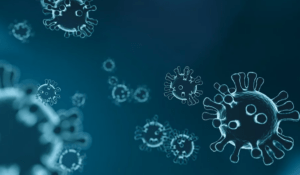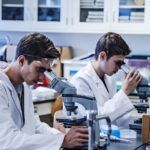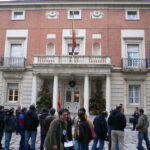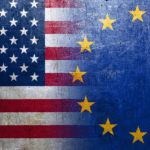EFSA is closely monitoring the situation regarding the outbreak of coronavirus disease (COVID-19) that is affecting a large number of countries across the globe. There is currently no evidence that food is a likely source or route of transmission of the virus.
The European Centre for Disease Prevention and Control (ECDC) has said that while animals in China were the likely source of the initial infection, the virus is spreading from person to person – mainly via respiratory droplets that people sneeze, cough, or exhale. More information on coronavirus and food can be found in this FAQ by the BfR, Germany’s risk assessment body.
Scientists and authorities across the world are monitoring the spread of the virus and there have not been any reports of transmission through food. For this reason, EFSA is not currently involved in the response to the COVID-19 outbreaks. However, we are monitoring the scientific literature for new and relevant information.
Regarding food safety, the World Health Organization (WHO) has issued precautionary recommendations including advice on following good hygiene practices during food handling and preparation, such as washing hands, cooking meat thoroughly and avoiding potential cross-contamination between cooked and uncooked foods. More information can be found on the WHO website.
Reducing the chances of contagion
EFSA is based in Parma, in the north of Italy, which is one of the areas currently subject to emergency restrictions on movement imposed by the Italian government. As of the last week in February, EFSA has adopted a series of measures in line with advice from the Italian authorities.
It, also has introduced homeworking for most of our staff and telemeetings with experts and partners, while events, staff travel and public visits to EFSA premises have been suspended until at least 8 April. These measures are being reviewed constantly in light of new information.
Rolling information on the outbreak and risks assessments used by the EU Member States and the European Commission in their response activities are being updated continuously by the European Centre for Disease Prevention and Control (ECDC). The World Health Organization is coordinating global efforts.







Leave a Reply